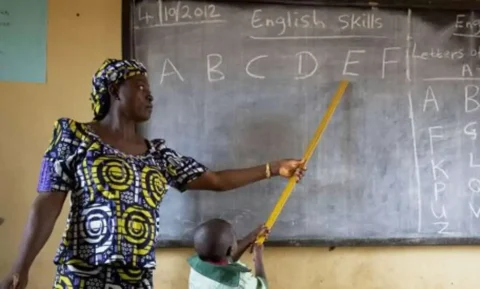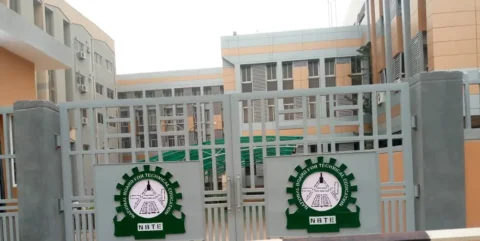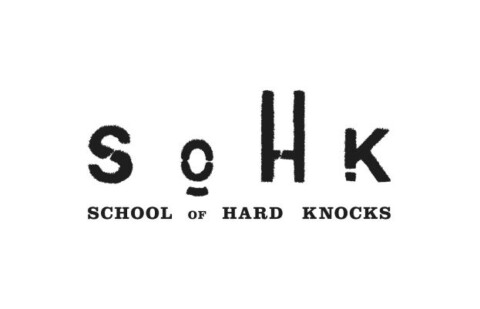Experts in Nigeria’s education sector are disappointed with President Tinubu’s performance after one year. Despite the “Renewed Hope Agenda“, key problems like high numbers of out-of-school children, frequent university staff strikes, limited access to education, and concerns about global competitiveness still exist.
Unmet Promises and Persistent Issues
Elvis Boniface, an education expert, gives the president a score of 5 out of 10 for education. He mentions economic problems and the removal of subsidies as worsening the situation. The student loan initiative is being watched closely to see if it will help.
Overview of Tinubu’s Education Reforms
Since taking office on May 29, 2023, President Tinubu has introduced several policies to improve the education sector. These are part of the “Renewed Hope Agenda,” which aims to:
- Improve school enrollment and learning
- Integrate skills into education
- Build a skilled workforce
- Reduce the number of out-of-school children
The Federal Ministry of Education, led by Prof. Tahir Mamman, developed eight focus areas under the acronym DOTS: Data Repository, Out-of-School Children Education, Teacher Training & Development, and Skill Development & Acquisition.
Achievements in the Past Year
- National Education Repository and Data Bank: Set up to collect and store education records from 1932 onward. A national census of schools, teachers, and students is also included.
- Conversion of Academic Manuscripts into Books: The Ministry turned manuscripts into 80 textbooks and acquired over 3 million books and e-resources. A national virtual library was also created.
- Reduction in Out-of-School Children: Grants were given to 312 education centers in 24 states and the FCT, enrolling 2 million children in basic schools.
- Student Loan Bill: Signed into law to provide loans to poor students, preventing them from dropping out due to financial problems. The first phase of the loan scheme started on May 24, 2023.
- Enhanced Scholarship Schemes: Thousands of students received scholarships and bursaries under various programs, including international study opportunities.
- School Renovations and Equipment: 73 classrooms were renovated, and significant supplies of furniture and equipment were provided to schools.
- Vocational Skills Acquisition Training: Provided training in various skills to 420 participants, with plans to expand the process on a larger scale.
- Teacher Internship Award: Offered mentorship and incentives to young teachers, benefiting 724 individuals. Additionally, 35,000 teachers received ICT training.
- Reforming Tertiary Education Certifications: An online program was introduced for Higher National Diploma (HND) holders to convert their certification to bachelor’s degrees.
Challenges and Gaps
Despite these efforts, there are several challenges:
- Sustainability of the Student Loan Bill: There are concerns about potential abuse and the risk of loan defaults, which could harm the fund’s viability.
- Education Budget Shortfalls: The education budget allocation of 5.98% falls short of UNESCO’s benchmark, raising concerns about adequate funding.
Social commentator Japheth Odesanya stresses the need for proper policy implementation to avoid politicization and ensure transparency.
In summary, while some initiatives have started, significant challenges remain in improving Nigeria’s education sector under President Tinubu’s administration.





